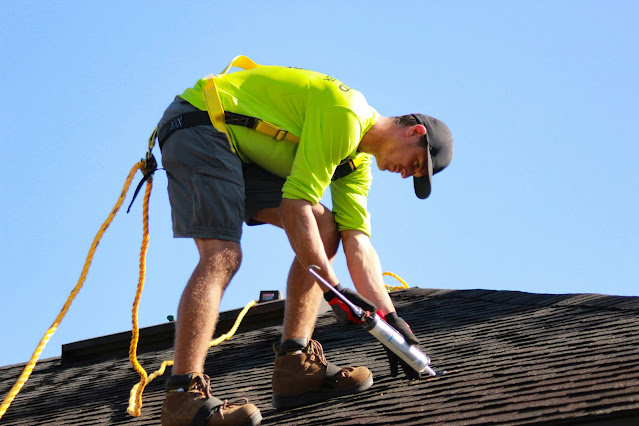Recognizing When Your Roof Deserves a Professional Look
Your roof sends clear distress signals when it's struggling. Interior water stains scream for attention. Excessive granules in gutters reveal hidden wear. Shingles curling or buckling spell inevitable failure. Don’t wait for leaks to dictate repairs. Inspect your roof’s surface annually, and don’t overlook the attic—early signs hide there, too. Stay sharp, stay vigilant. Prevention beats the catastrophe every single time.
Uncovering Hidden Stress Factors in Roofing Structures
Roofing problems aren’t always skin deep. Rotting roof decks, clogged ventilation, and rusted fasteners gnaw away unnoticed. Sniff the attic air for musty hints of mold. Search for daylight breaking through the sheathing and spot insulation pushed out of place. Sub-surface damage isn’t just sneaky—it’s expensive. Ignore it, and you’ll pay through the roof, quite literally.
Matching the Best Roofing Materials to Home Styles
Asphalt shingles may be the chameleon of roofing, but metal panels bring longevity. Clay and concrete tiles offer timeless elegance but at a steep cost. Choose your priorities: Is it durability, visual harmony, or fire resistance? Materials should enhance both your home’s style and your wallet’s comfort zone. No fluff, just practical, informed decisions.
Understanding Warranty Options and Coverage
Not all warranties are created equal. Manufacturer coverage often tackles wear and tear, while installer guarantees focus on workmanship. Know the difference. Scrutinize clauses: Are they prorated or non-prorated? Transferable? Do they account for labor? Ask about specifics early. Contracts without clarity are contracts begging for problems down the road.
Comparing Local Roofing Contractors in St George
Don’t gamble when selecting roofers. Confirm licenses, demand proof of insurance, and dissect their portfolio with a critical eye. Reviews can be a minefield of exaggeration—look for trends, not isolated raves or complaints. Better yet, ask for references from real clients. Vetting roofing contractors in St George is more than a box-checking exercise; it’s an investment in your home’s future.
Evaluating Cost Versus Quality in Roofing Projects
Cheap isn’t always cheaper. Material quality, labor expertise, and necessary permits all influence costs. Red flags like absurdly low bids signal shortcuts that will bleed your bank account later. Be smart: balance upfront prices against long-term value. A proper roof is a shield, not a ticking time bomb waiting to collapse your savings.
Planning for Emergency Repairs and Unexpected Costs
Disaster rarely sends warnings. Loose flashing, cracked sealants, and missing shingles demand swift action. Repairs like these cost anywhere from pocket change to a small headache but save you from structural nightmares. Keep a budget buffer ready. A stitch in time doesn’t just save nine—it saves thousands.
Maximizing Roof Longevity with Preventive Maintenance
Your roof doesn’t maintain itself. Keep gutters clean, brush off moss, and inspect seals around chimneys and vents. Follow the seasons, and you’ll extend its lifespan. Once a year, bring in a professional for a comprehensive tune-up. It’s a small effort that staves off big-ticket replacements far longer than you’d expect.
Integrating Sustainable Practices into Your Roofing Choices
Eco-conscious doesn’t mean impractical. Consider cool coatings that deflect heat, solar-ready systems that future-proof your investment, or recycled-content shingles that reduce waste. These choices slash energy costs and shrink your carbon footprint. Practical and progressive, sustainable roofing optimizes both utility bills and the world at large.
Establishing Your Go-To Roofing Partner
Roofing nightmares needn’t be your reality. For peace of mind and expert advice, contact trusted roofers St George today. A dependable partner ensures that every nail and detail is handled with precision. Start a relationship built on integrity, expertise, and proven results now.
Fortifying Your Home’s Shield for Years Ahead
It’s simple: catch problems early, invest in quality materials, vet your contractors thoroughly, and never slack on maintenance. The result? A roof that protects relentlessly and a home that stays secure. Now’s the time to act—schedule that inspection, request a quote, or lock in a maintenance plan. Your roof deserves it.





